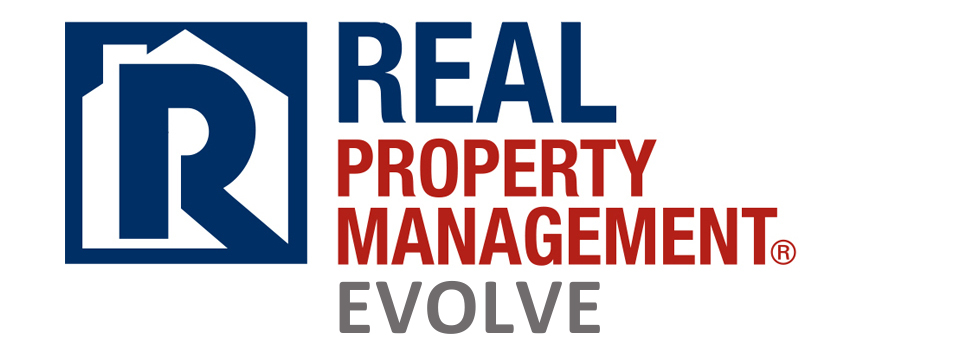Are Real Estate Investment Groups for You?
There are real estate investment groups (REIGs) and there are real estate investment clubs. Before we talk about real estate investment groups, it’s important to differentiate them from clubs. It’s easy to assume that the two are the same thing, because often, real estate clubs interchange the word “club” with “group”—but know this: a real estate group will never call itself a club.
Aren’t you glad we cleared that up?
Today we are not talking about real estate investment clubs—which are organizations of real estate professionals networking and supporting each other with expertise, education and connections. We are talking about:
Real Estate Investment Groups—Organizations that build or buy properties (or groups of properties) then sell them to investors as rental properties. The group is responsible for maintenance and upkeep of the property as well as finding tenants and in exchange, the investors pay the group a portion of their rent proceeds.
Of note: REIGs are also not to be confused with Real Estate Investment Trusts (REITs)—which we’ll talk about next week.
Advantages of a working with a Real Estate Investment Group
• It can be an easy introduction into real estate investing, because the group is responsible for all of the normal challenges of managing a property. Ideally, one can just invest in the group and take advantage of a low-risk learning curve.
• Typically, an REIG includes a provision that requires investors to pool rental income in order to cover mortgages, in the case of vacancies. This means that, as an investor, you are not solely responsible for covering the mortgage if your unit is empty for a period of time.
Potential disadvantages of working with a Real Estate Investment Group
A REIG opportunity is only as good as the REIG itself. Meaning, it’s important to heavily research a group before joining it:
• If the group makes poor property management decisions, either by subcontracting to a sub par property management company, or by hiring unreliable individuals to manage the properties, then you might as well kiss your investment goodbye. You have to ensure that your property will be well cared for and that your tenant selection and management process is top-notch.
• Your REIG must also know the market that is of interest to you. If they are not well versed in market trends and the regions or neighborhoods that demonstrate reliable growth, they aren’t going to provide you with ongoing, lucrative opportunities.
Keep these points in mind when you are considering your next investment endeavor. And remember, it’s nothing to be hasty about.





